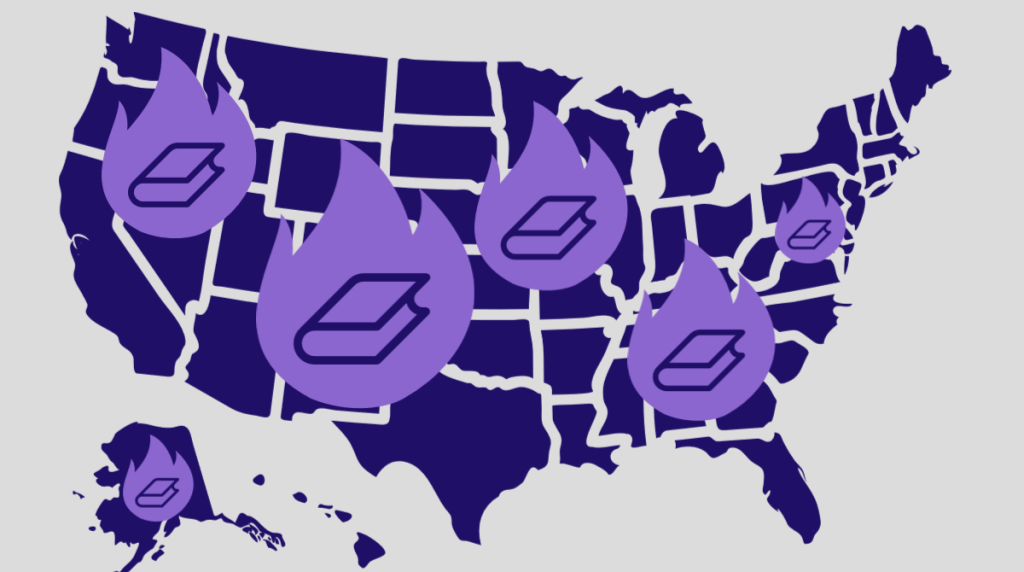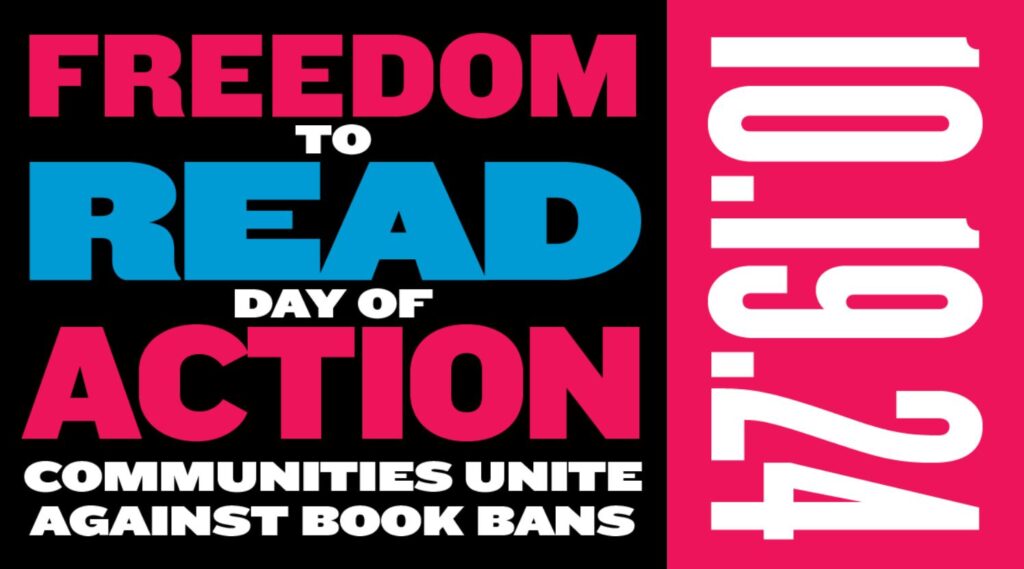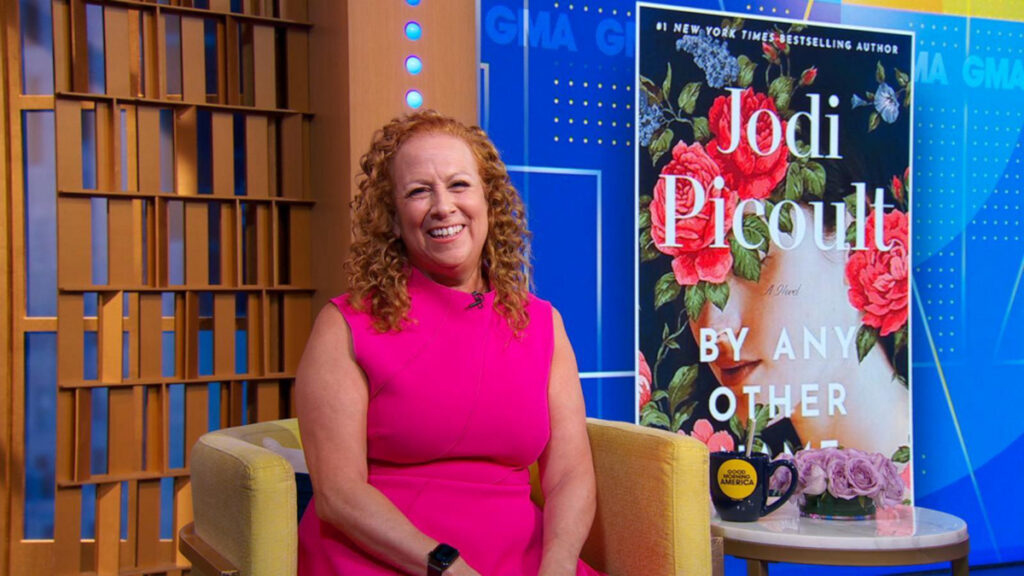Libraries and schools across the country are experiencing unprecedented levels of attempts to ban or remove books from their shelves. I Love Libraries will continue to raise awareness by highlighting attempts to censor library materials, as well as efforts by librarians, parents, students, and concerned citizens to push back against them. This reports includes news from Oregon, North Carolina, and Florida, as well as thoughts on book bans from the U.S. Secretary of Education.
Group of Oregon moms pushes for book ban
In the West Linn-Wilsonville School District (WLWSD) in Oregon, a group of parents—some of whom do not have children attending WLWSD schools—is trying to get books banned from the district's libraries, reports KGW8. The group in question has focused its ire on eight books: Crank by Ellen Hopkins, The Sun and Her Flowers by Rupi Kaur, Milk and Honey by Rupi Kaur, Me and Earl and the Dying Girl by Jesse Andrews, Beyond Magenta by Susan Kuklin, Heartstopper, Vol. 2 by Alice Oseman, Lawn Boy by Jonathan Evison, and Flamer by Mike Curato. Six of the books are by or about people of color or LGBTQ+ people.
The books are currently up for review by the district. Under district policy, when a book is challenged, a committee that includes a parent, librarians, and other educators and community members will evaluate whether the book should stay or go. The books will stay on school shelves while they're being evaluated.
Books on race, sexuality among most targeted across N.C. schools
Over the past two years, at least 189 book challenges have been initiated across North Carolina’s 115 public school districts, reports WUNC North Carolina Public Radio. The challenged titles span a wide range of topics, but the most challenged books are on topics about race and racism or coming-of-age books that include characters with LGBTQ+ identities. In one county, a book that references Islam was challenged.
Journalists from nine North Carolina newsrooms learned this information by surveying the districts. The reporting project also discovered that, for now, many book challenges do not result in full removal. According to PEN America, only 16 titles have been banned from North Carolina schools, including All American Boys by Jason Reynolds and Life is Funny by E.R. Frank. Library advocates in the state say this doesn’t capture the full scope of censorship and warn that proposed legislation could make future challenges more successful in North Carolina.
Enrich public schools, not ban books, says education secretary
“Some of the very politicians who claim to promote freedom are banning books and censoring what students can learn,” writes U.S. Education Secretary Miguel Cardona in the Tampa Bay Times. In the editorial, Cardona said that parents don’t want politicians dictating what their children can learn, think and believe. Such moves are antithetical to how public education is supposed to work in a free country, he said. Cardona said he has first-hand knowledge of it.
“The parents, families, teachers and school leaders I have met while visiting more than 40 states over the last two years are saying this loud and clear,” he said. “Parents also are speaking out about their worries that politicians are using our kids’ education as a political football.”
The recent wave of book bans is having a detrimental effect of learning, according to Cardona. “[Politicians] want to ban kids from learning the truth when it doesn’t align with their political agenda,” he said. “But it’s vital for all of us to understand our full history—the triumphs and the tragedies—so we can build a stronger, shared American future …. Censorship is not only against our values as a nation; it makes it harder for children to learn. The thousands of families I’ve met want more—not fewer—books on the shelves of their schools and local libraries.”
James Patterson book series under fire in Florida schools
Best-selling author James Patterson was pulled into the book-banning fray when a Florida school district removed his young adult series Maximum Ride from elementary school libraries but kept it accessible for older students, reports USA Today.
Patterson’s nine-book series follows the adventures of friends who are winged human-avian hybrids. Martin County, Florida school district officials removed it after a request from one parent, according to The Palm Beach Post. Patterson, who lives in nearby Palm Beach, said, “There’s nothing in that book that should scare anyone. Kids who are into science and math love it, because I talked to scientists for it about whether you can put wings on kids, which is kind of fun. If you are going to ban this book, then no kids under 12 should go to any Marvel movies.”
Take action
Alarmed by the escalating attempts to censor books? Here are five steps you can take now to protect the freedom to read.
1. Follow news and social media in your community and state to keep apprised of organizations working to censor library or school materials.
2. Show up for library workers at school or library board meetings and speak as a library advocate and community stakeholder who supports a parent’s right to restrict reading materials for their own child but not for all
3. Help provide a safety net for library professionals as they defend intellectual freedom in their communities by giving to the LeRoy C. Merritt Humanitarian Fund.
4. Educate friends, neighbors, and family members about censorship and how it harms communities. Share information from Banned Books Week.
5. Join the Unite Against Book Bans movement to learn what you can do to defend the freedom to read in your community.



